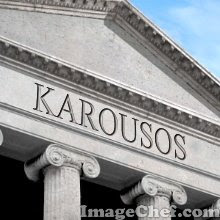| Philip II shield |
ACT 1
Scene 2
Aegea, Macedon – Assassination of Philip II
In
the great amphitheater, Philip II is organizing the wedding of his daughter
Cleopatra with her uncle King Alexander I of Molossis, a kingdom from Epirus to Italy Epirus
Cleopatra
of Philip and Alexander of Molossis: We thank you,
people of Macedon; you are now connected again with Epirus
Macedonians: Long live our King Philip II; Grand General of all the Greeks.
Philip
II: Macedonians, glorious people; Macedonians
successors of Heracles, we stay here having the Dream of Anatolia in our
hearts. If you are united with me, I
will lead you to the victorious fight of the Greeks.
Macedonians: Lead us Philip, against the Persians.
Philip
II: The Great Idea, oh, noble friends. Finally, all the Greeks, we are now
united. Thracians, Illyrians, Scythians,
Persians, the Macedonians are conquering you.
Fellow Greeks, we will bring peace to all the Greek cities of Asia Minor .
Macedonians: We are all with you, Philip.
Pausanias
of Orestis: We are all with you, Philip… (Stubs and kills Philip with a knife)
Philip
II: Pausanias… Ah…
Macedonians: Misfortune… Death to the murderer of Philip II
(Perdikkas
and the nobles kill Pausanias)
Alexander: Father…
Philip
II: Ah… Alexander, my child, never harm anyone
during your life otherwise harm will find you, my son. The war in Asia
I bestow to your capable hands. Take the
army and go away from your mother… Ah…
Macedonians: (they lament)







